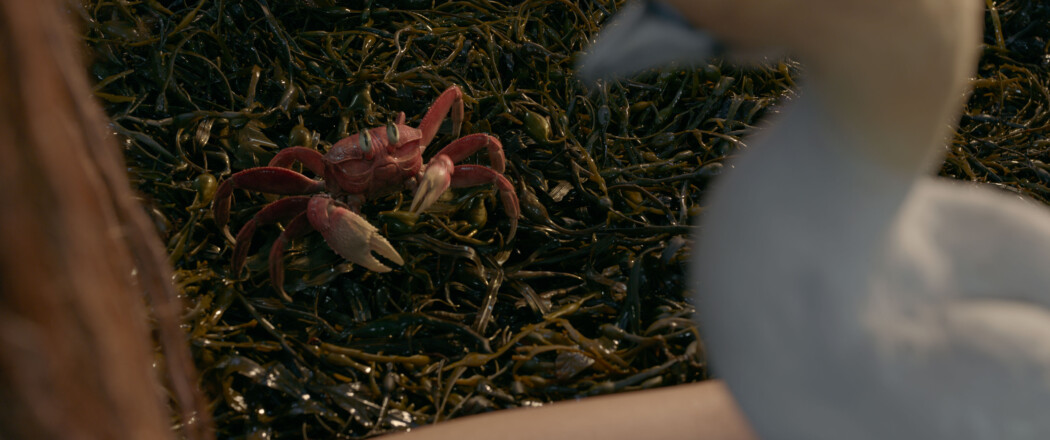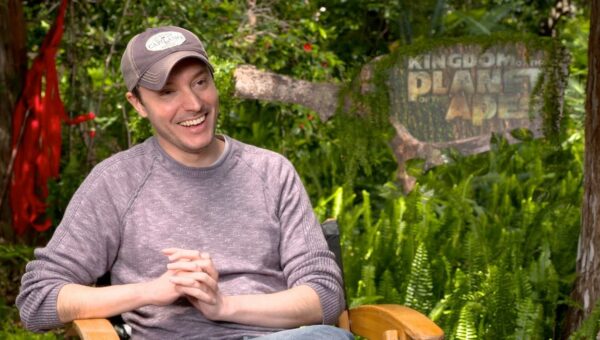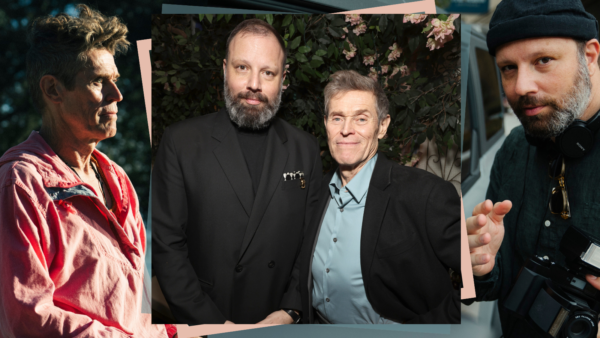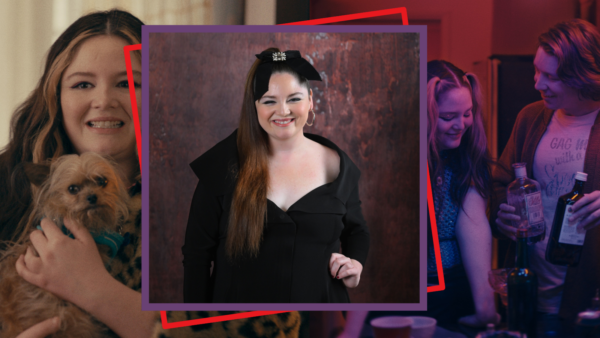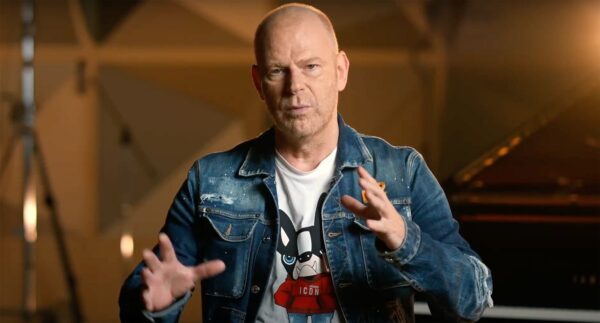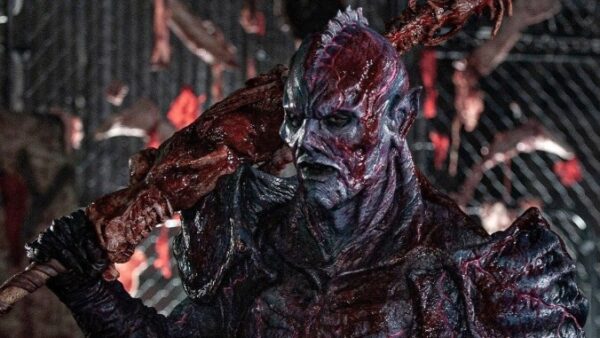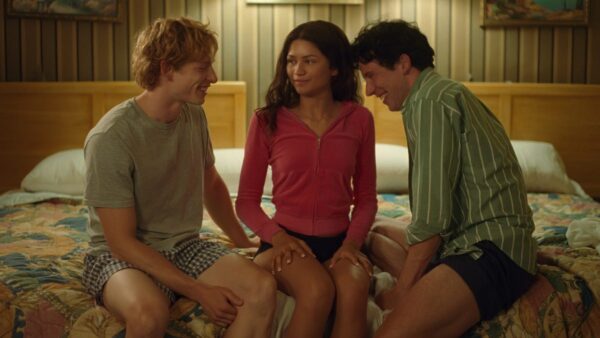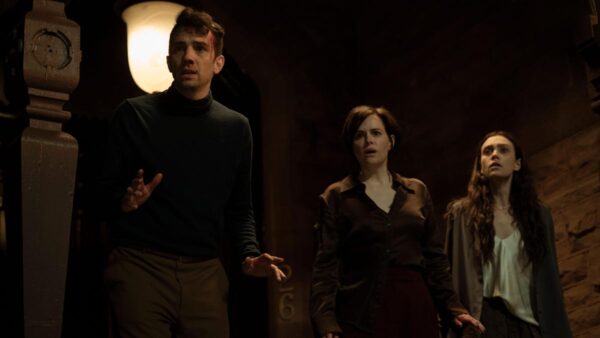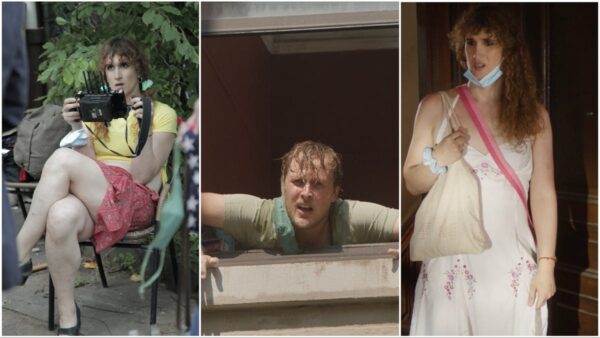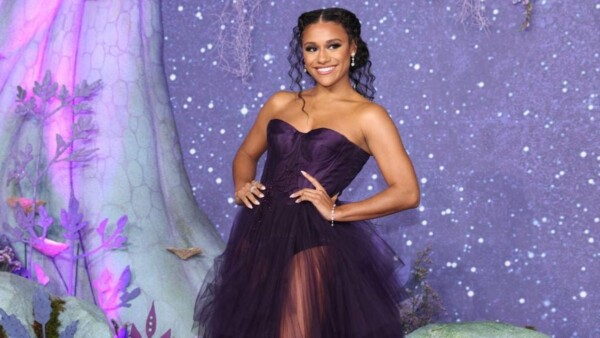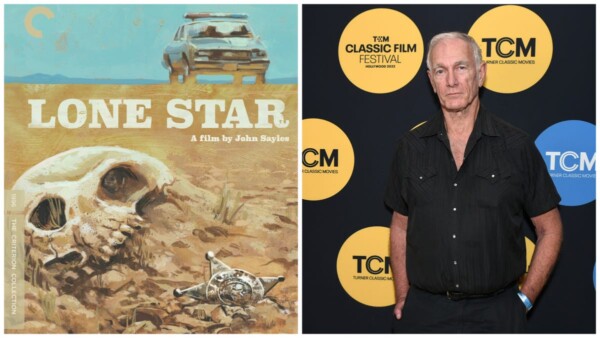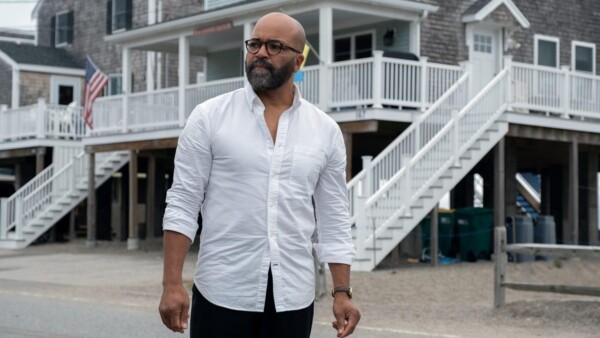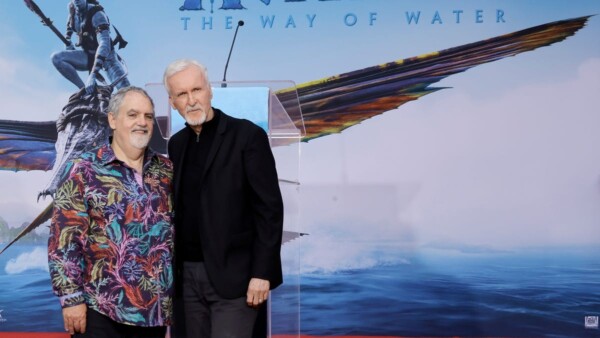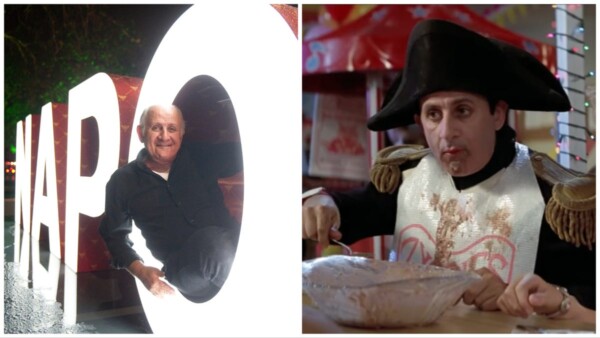Robert Englund is a killer … conversationalist. Seriously, the guy who spent much of his life playing the talon-sporting, joke-cracking, dream-stalking bastard son of 100 maniacs couldn’t be nicer or more talkative. Chatting via Zoom with The A.V. Club about the new documentary Hollywood Dreams & Nightmares: The Robert Englund Story, Englund immediately noticed the classic Gorgar pinball machine positioned a few feet behind his interrogator, which led to a charming anecdote about his involvement with a Freddy Krueger pinball machine.
What Beth Ditto learned from her “Monarch” costar Susan Sarandon
Co-directed by Gary Smart (Leviathan: The Story Of Hellraiser) and Christopher Griffiths (Pennywise: The Story Of It), Hollywood Dreams & Nightmares—premiering June 6 on Screambox and digital—gives us the full Englund: his early days, the classical training he received at the Royal Academy of Dramatic Art, auditioning for a role you might be familiar with (Han Solo), playing a good guy alien in V, landing Freddy Krueger in the Nightmare On Elm Street franchise, and living with the legacy of that iconic part ever since. Here’s what Englund had to say about the film and his rather awesome life.
The A.V. Club: What was your reaction when you were first approached for a documentary about you?
Robert Englund: I had turned down several approaches before. It’s not that I don’t think I’m worthy or interesting. It’s “To thine own self be true.” I know where I fit in the universe of talent. I’m a working actor and I’m proud of that. If you could hire 20 people and go start a theater in Michigan or somewhere, you might want me on your team. I’m reasonably versatile, but I’ve worked with what I call the crème de la crème before. I’ve starred in movies with people like Henry Fonda and Jeff Bridges. I’ve seen what that kind of work looks like, when you know when you’re hitting the mark alongside them and towing the mark with them. When I met Gary Smart and Chris Griffiths from Cult Screenings, I didn’t want it to just be about Freddy and I didn’t want it to be about my so-called talent, I wanted it to be about an actor that survives.
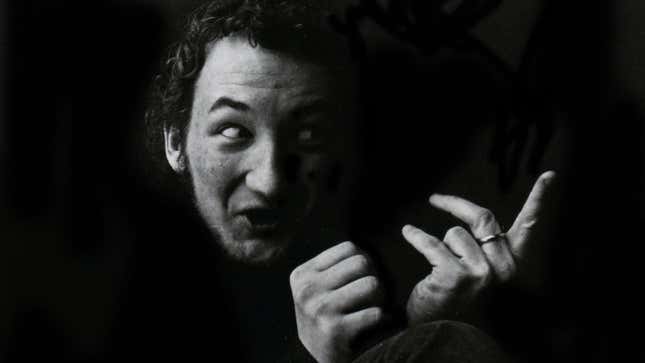
AVC: What was your reaction when you first saw the finished cut of the documentary?
RE: I was surprised when I saw it. Until I saw the film in Spain, I had no idea all the people that they’d collected. I’d seen Lance Henriksen a lot over that time span and Lance never told me he had done a thing for the film. It’s hard to watch because I can’t take a compliment and some very kind things are said about me in that film. It’s the closest I can come to the experience of Huckleberry Finn and Tom Sawyer attending their own funeral. I don’t mean to say that seeing the accumulation of your career makes you feel like your life or your career is over. It’s not that so much as it’s hard for actors to watch themselves anyway, in any project. We want to fix everything and change it. “Oh, there’s my bald spot!” The natural vanity of an actor. It’s also a bit like eavesdropping. Even after a couple of beers, Heather Langenkamp wouldn’t say those nice things to my face, but when I’m not in the room, she can say something nice about me. It’s just a little bit uncomfortable.
AVC: Your wife Nancy refers to the “rock-star lifestyle” that you two lead. How do Nancy and Robert Englund define “rock-star lifestyle?”
RE: We’re pretty simple. We walk the dogs. We cuddle on the couch and the bed with a glass of wine and Netflix, but our one vice is travel. In many circumstances, I’m being paid. They paid for my travel to Europe to do a movie—or to Canada, Mexico, or Asia. They pay for me to go to a publicity junket in London, Paris, Rome, or Tokyo. And because I’ve worked so much abroad because both V and the Nightmare On Elm Street franchise made me international—we have favorite cities, resorts, and restaurants. We give ourselves either heads or tails on a project, either a week early or a week later, and we do it first [class]. That’s not because of any particular rock star, privileged concept we have. It’s because in the last 10–15 years, travel has become so difficult and rough between COVID, the airlines jamming you in like sardines, losing your luggage, and everything, that it’s just become a necessity—as I get older—to spoil myself a little bit.
That’s what Nancy was referring to. For instance, I’m off to do a film festival. And because I’m getting to Europe for free because of the film festival, I will jump on a train. I will because we know the trains well and they’re not expensive. We’re going to go down to our beloved Italy, hook up with my wife’s sister, and we’re going to have a little R&R. We know the lay of the land well enough to know it’s still low-season prices, so we’ll go to a nice hotel. We didn’t learn this on the internet, but experience is the best teacher and you know which places have already peaked. “David Bowie slept here!” That’s where I like to go.
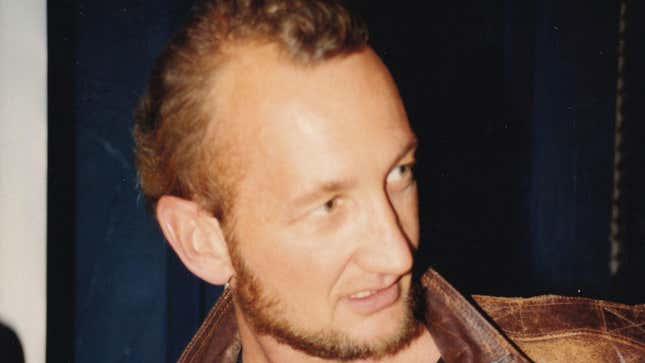
AVC: I, along with countless horror fans and people who think you’re a terrific actor—loved it when Netflix announced that you’d be on Stranger Things. Even better, it turned out to be a great role. What did it mean to you that the Duffer Brothers showed you proper respect?
RE: I was approached for season three, the Cary Elwes role. I was told when I went in that they wanted it like Murray Hamilton, the mayor from Jaws. I don’t look anything like Murray and I don’t do Murray, but I made him a Midwestern, Southern version of the Murray Hamilton mayor in Jaws, which is based on the Ibsen play: the corrupt mayor, kind of like a used-car salesman with a plaid jacket and all that. That was my concept. [But] that was just wrong. They didn’t want that. I was brokenhearted, because I was a huge fan of the show. I had met Millie Bobby Brown and I was a huge fan of Millie.
AVC: What changed?
RE: Then, for season four, they asked for a piece of film. I put myself in my bathrobe backwards, like a straitjacket. It was a white bathrobe, so it looked a little bit like Hannibal Lecter. I got in my tub, shot a little piece of me, and sent it off. They said, “Yeah.” Then COVID hit, and we kept getting postponed. Finally, they put me on a plane to Atlanta and we got to do it. It was actually nice because I was able to do makeup tests in London with the great guys from Game Of Thrones, who did the makeup on my eyes. I had the luxury of spending a lot of time with the script, because I never quite knew when they were going to cut away to my story and I had to be at the same emotional plane in the narration as well as when the camera was on me.
AVC: When you shoot a lower-budget film, how do you not phone it in? Is that just respect for the craft?
RE: Lance Henriksen taught me that when we do these low-budget movies, those young directors generally want us—people like myself or Lance—to bring all of our imagination, whether it’s about the props, the wardrobe, or our choices, on his set. It’s actually much more fun than doing a big-budget movie, when they just want to get you in and out because of the money.
AVC: What was the best note Wes Craven ever gave you?
RE: He taught me to respect the genre.
AVC: What’s a project of yours—movie or TV show—that you’re super proud of, that you think is overlooked?
RE: Well, two. I have great fight scenes in Stay Hungry, the late, great Bob Rafelson film about the burgeoning south of Jimmy Carter. And I made a great little thriller directed by Phil Hawkins that I shot outside of London with Finn Jones from Game Of Thrones. It’s called The Last Showing; an unfortunate title, but it’s about the midnight movie at a cinema. I’m the old projectionist who gets his revenge. It’s like a ’70s De Palma film.
AVC: What’s out there that you haven’t done yet?
RE: I was thinking I might want to do Van Helsing in Dracula somewhere to help a theater raise money, perhaps, but you’ve got to have a great Dracula. That’s the hard role to cast in that, if you’re doing that play, because it’s a bit of an old warhorse. I understudied but I never got to play Iago in Othello, and I’m too old now. That’s a regret.
AVC: In a career as long as yours, I’m happy that’s the only regret you can think of at this moment.
RE: Fifty years ago today, I was on location outside of Statesboro, Georgia, shooting Buster And Billie with Jan-Michael Vincent, who was one of the biggest stars in the 70s. He just had the number one movie, World’s Greatest Athlete and The Mechanic, with Charles Bronson. This is the anniversary, and I realized a couple of years ago, that I was coming into 50 years in the biz.
Der obige Text ist eine maschinelle Übersetzung. Quelle: https://www.avclub.com/robert-englund-on-freddy-krueger-and-flying-first-class-1850489352?rand=21961



